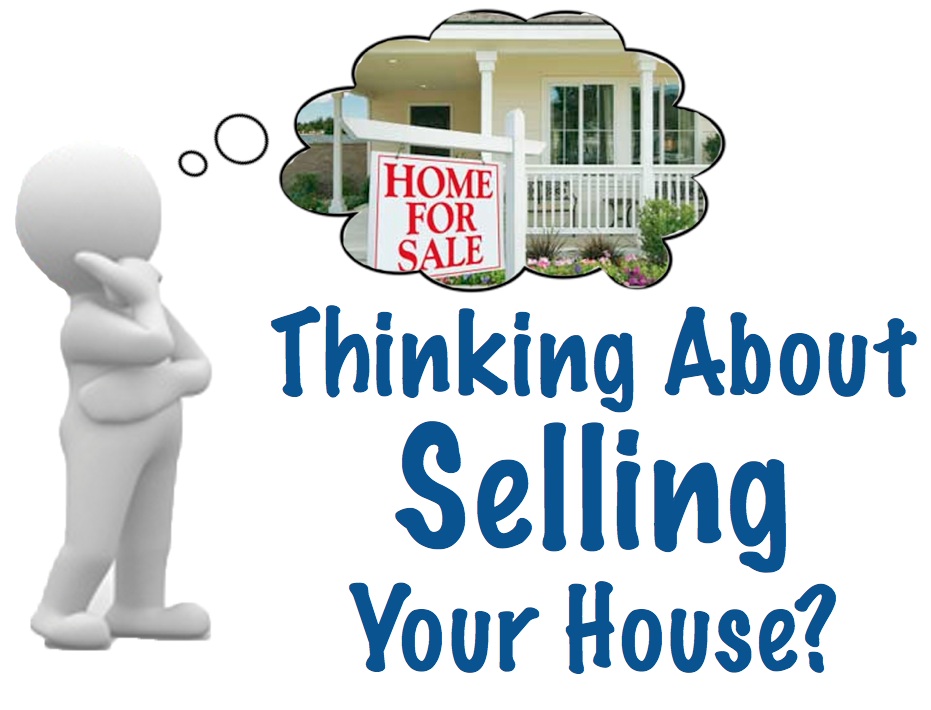Put a value on real estate agents
At a time that many are predicting real estate agents could be replaced by technology or a DIY outfit, it is worth assessing the true value that a real estate agent brings to the transaction. Some may be tempted to ask if they bring any value at all? And that is a good question to ask.
Most people that have bought or sold realise that the right agent is an asset and the wrong agent can be a liability. If there is one profession we have no shortage of it surely has to be real estate agents. Oversupply in any market suggests downward pressure on price. However, is a cheap real estate a good one? If advertising really sells real estate, why do you need a real estate agent?
Is an agent that is being paid by the seller still a good agent for the buyer? Just how do you put a value on real estate agents?
Given most people transact every 5 to 7 years, it’s difficult to rely on personal experience. Many buyers and sellers are only suitably positioned to understand the value in estate agents at the end of the process. Sometimes it’s too late to undo the mistakes.
Word of mouth becomes the replacement barometer for many people when assessing agents. This is a worthwhile method of assessing agents but not a sole indicator in and of itself.
There are now a multitude of websites that allow consumers to put forth their experience with the respective estate agents. Many of these websites are simply referral websites that sell leads to agents.
Putting a value on estate agents is best broken down into segments.
Experience – Given the high stakes involved in real estate transactions, it is frightening how easily someone can become a real estate agent. In QLD, a rookie salesperson can go from absolutely no experience to selling real estate, after completing a 5 day course. The course is not quite multiple choice, but it is not far above it. An agent with a track record, good or bad can be assessed and valued accordingly.
Price – Many home sellers consciously or unconsciously value an agent more if/when they quote a higher expected selling price for the subject property. Given the agent is negotiating on the owner’s behalf, and not buying the property from the owner, a high quoting agent is not really a valuable commodity.
In order to build true credibility and value into a high quoting agent, negotiate the terms of their employment.
If the agent agrees to forfeit or reduce their commission-, if your property sells below their ‘quote price’, this becomes a very valuable and quantifiable guarantee.
Conversely, you can also reward the agent more for a higher price if you wish.
This is not as silly as it sounds. Many vendors are aggrieved that the last $10,000, $50,000 or even $100,000 means a lot more to them than the agent. If the agent is on a flat commission rate of 2.5%, that equates to $250 for the agent and $9750 to the vendor on every $10,000. You can easily see why the agent is keen to get the property sold and ‘move on’ under a flat commission arrangement.
Transaction/clearance rate – In searching for new business, agents’ marketing messages consist of themes such as ‘we sold it’ and ‘we have a 100% clearance rate’. Whilst there is a value on the transaction from a vendor’s perspective, it should not be defined as the primary value offering.
High clearance rates benefit agents and high prices benefit sellers. Agents get paid on the sale more so than on attaining the best possible result. A fair incentive based fee arrangement will ensure your agent is focused on a sale at the best possible price, not just a sale.
After listing/sale service – There isn’t anything so persistent and keen as a salesperson in pursuit of the listing. But what happens once you list? Too many people are unaware of exactly ‘what happens after we list?’ Those that have poor experiences with agents often highlight lack of feedback as a source of frustration. Prior to employing an agent, get a written outline of the feedback process once you are on market.
This may seem draconian. Once you have signed with the agent, it becomes much more difficult trying to build value into their service.
Risk of campaign – Vendor Paid Advertising (VPA) is the trap that most people don’t see coming. They naively think they have signed up to an ‘aggressive marketing campaign’. They work out too late that the agent has benefited from the campaign through brand exposure at the owner’s expense.
Furthermore, if the offers come in below expectations, the owners have to wave goodbye to the VPA they ‘invested’ in or sell for less than originally desired. Whichever way they turn, it’s a lose/lose.
There is no way out from pain. Before signing with an agent, ask yourself, what is your risk and what is the agent’s risk?
Fee – When you hire an agent, you are employing them to negotiate on your behalf. They are negotiating on your behalf with your money. Your home is not a generic commodity.
It is a unique offering that has a different value to different buyers at different times. To assess the agent’s ability to negotiate with your money, see how they negotiate with their own.
Ask them to reduce their commission and see how they handle themselves. The wheels might just come off the whiz bang agent you were about to hire!
Fiduciary duty – An agent has a duty to act in the legal best interests of their clients, usually the seller. Buyer’s agents make up a fraction of the agent market but they are growing in popularity.
Even though agents have a duty to act in the seller’s best interests, this does not mean they should use duplicitous or unfair tactics on buyers. If they do so, they will probably have a credibility issue in the market-place.
The best agents for sellers are those that have credibility for being straight and fair with buyers in the market-place. Telling a buyer they can buy a property for $900,000 when the seller’s reserve is $1 million will usually back-fire to everyone’s detriment.
Personable – Respecting the agent is more important than liking them as your new best friend. You are not employing a friend, you are employing a professional to negotiate on your behalf.
The best negotiators have a personable and assertive manner. They can disagree with you, without being offensive. A big grin and a ‘whatever it takes’ desire usually signals a desperate sales person.
The best agents are listeners not talkers. Big talkers miss small clues that can bring a negotiation together in the seller’s favour.
By Peter O’Malley



